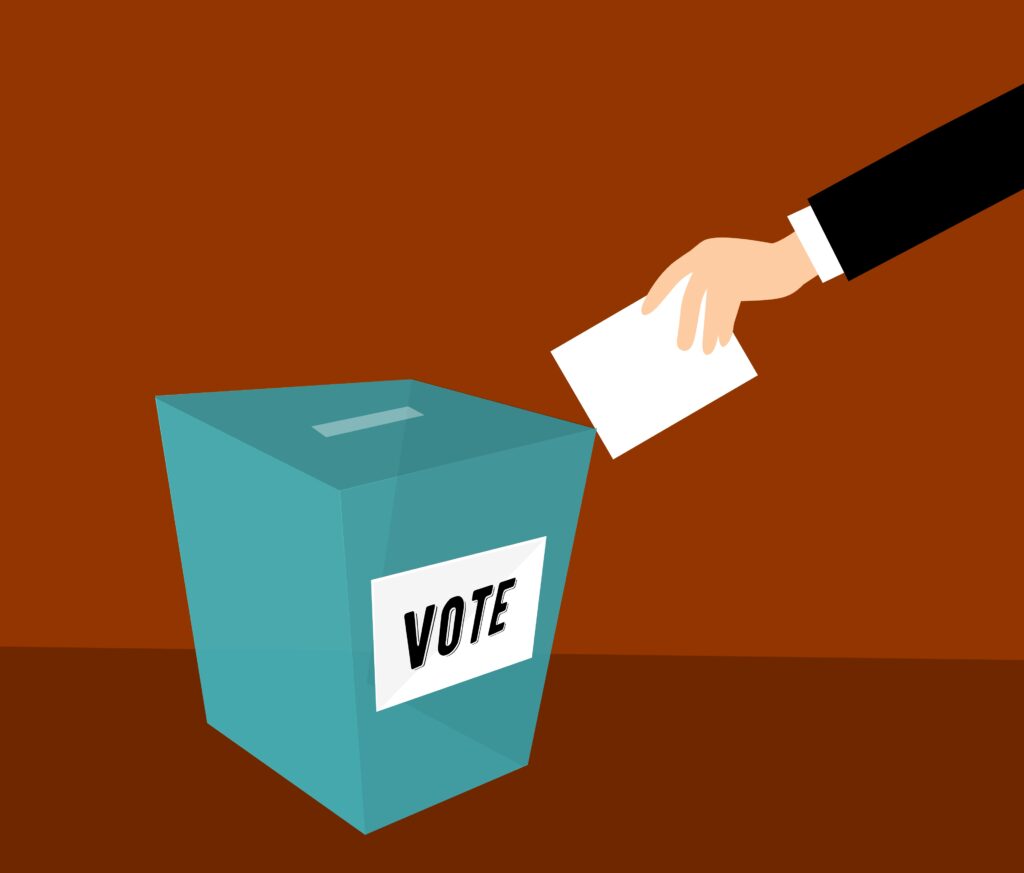Belgium is a federal state characterised by different political landscapes in its regions. While Flanders is predominantly right-wing, Wallonia leans to the left. What both regions have in common is a declining interest in traditional parties.
The era of traditional parties in Belgium seems to be coming to an end with the elections in 2024. This is evident not only in the polls, which show that the Christian democrat, liberal and socialist parties are losing ground, but also within the parties themselves, who are trying to cope with the growing popularity of far-right and left ideologies.
Dissatisfaction
It shows that dissatisfaction with democracy is still growing, with more voters moving to the extremes of the political spectrum out of conviction or as a protest vote against the traditional parties.
Yet it is only in the last 40 years or so that the three established traditional parties have faced opposition from the extreme left and right, parties that could cause them existential problems in 2024.
Since the establishment of the Belgian state in 1830 and throughout most of the 19th century, two parties dominated Belgian politics: the church-oriented and conservative Catholic Party and the progressive, anti-clerical Liberal Party. At the turn of the 20th century, the Socialist Party emerged to represent Belgium’s growing industrial working class.
Language issues
All three parties experienced difficulty in the mid-20th century as the language issue became more prominent. This led to the emergence of linguistic parties such as the Volksunie in Flanders and the FDF and Rassemblement Wallon in Wallonia in the 1950s and 1960s.
It also led to the splitting of Belgium’s main political parties into Flemish and French-speaking parties and the formation of today’s traditional parties: Christian Democratic and Flemish (CD&V) and Centre Démocrate Humaniste (cdH), the Open Flemish Liberals and Democrats (Open VLD), the Mouvement Réformateur (MR), Vooruit and the Parti Socialiste (PS).
Left and right competition
The 1960s and 70s saw the rise of left-wing parties. After a turbulent period in 1968, marked by student protests in France and Belgium, an environmental and left-wing movement emerged that created the ecological parties Groen and Ecolo.
A decade later, in 1979, the left-wing party PVDA/PTB was founded to continue the Maoist movement AMADA. Today, it is the only party that identifies as bilingual.
Around the same time, in 1978, the Vlaams Blok was founded. This Flemish nationalist party was active from 1978 to 2004, when it became Vlaams Belang. In 2001, another right-wing party, N-VA, the most powerful party in Flanders, was founded.
Elections
These parties will compete in Belgium’s national and regional elections in June. It’s expected to be an intense battle, with polls predicting a further shift to the right in Flanders (Vlaams Belang and N-VA) and the left in Wallonia (PTB and PS). This situation could be a warning sign that Belgium may face another long round of negotiations to form a new federal government.
In 2007, it took 194 days to form a government, the longest ever at the time. In 2010, that record was pushed back to 541 days, setting a new world record. After the 2019 elections, the wait for a new federal government with a parliamentary majority was almost 500 days.
(Belga)
